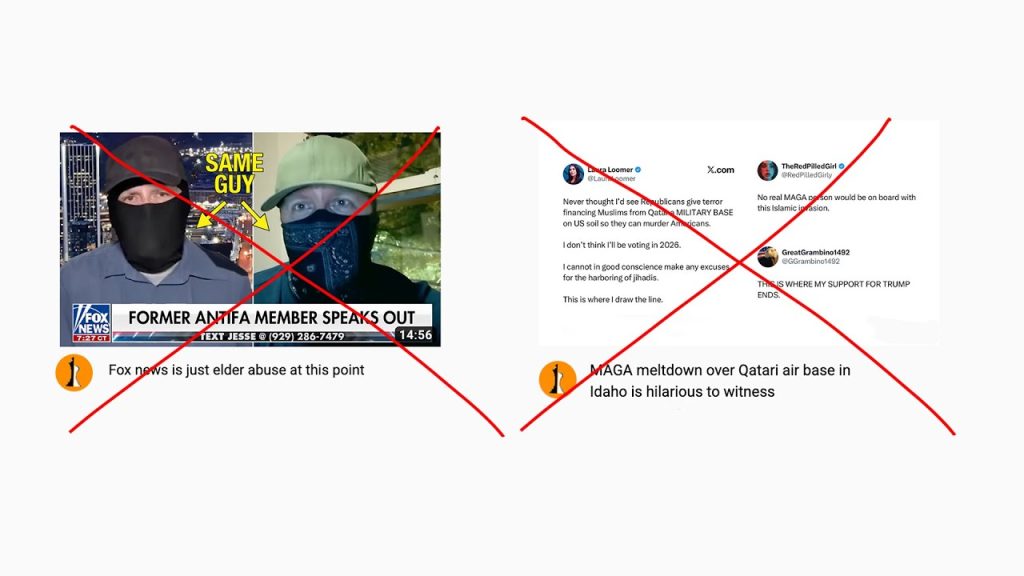The recent video titled “YouTube is now shutting down channels critical to Trump” highlights a growing controversy in the digital landscape surrounding content moderation and political bias on major social media platforms. While specifics about this particular claim are limited, the title reflects wider apprehensions that have been expressed for years regarding YouTube’s handling of politically charged content.
In the aftermath of the 2020 U.S. presidential election, online platforms like YouTube, Facebook, and Twitter came under intense scrutiny for their rules on misinformation, hate speech, and coordinated online campaigns. YouTube, owned by Google, implemented more aggressive enforcement policies aimed at reducing misinformation and harmful content. However, these actions have sometimes been viewed by users on both the left and the right as being uneven or biased against certain political viewpoints.
The description accompanying the video also mentions user comments discussing bots and spam, an issue that complicates the moderation landscape. Automated accounts or “bots” can flood comment sections and distort engagement, leading platforms to deploy stricter controls—which occasionally results in unintentionally suppressing legitimate voices, including political dissenters.
This situation sheds light on the challenges faced by content platforms trying to balance free expression, political neutrality, and the fight against manipulation or harmful messaging on their services. The debate over censorship versus moderation is particularly acute when it involves political content and controversies about former President Donald Trump, whose polarizing figure continues to dominate American political discourse.
Observers note that decisions regarding channel removals and content takedowns frequently provoke intense backlash and allegations of political bias, emphasizing the importance of transparency and clear communication from platforms like YouTube about their moderation processes and criteria.
As the digital ecosystem evolves, this ongoing conversation underscores the critical need for informed debate about the powers and responsibilities of social media giants in shaping public discourse, particularly around politically sensitive topics.
Where to Learn More
- The New York Times – Technology – In-depth reporting on social media policies and controversies
- BBC News – Technology – Global coverage of social media platform news and digital rights
- CNET – YouTube Content Moderation Explained – Explainers on YouTube’s moderation systems and challenges
- Brookings Institution – Technology and Innovation – Research and analysis on technology policy and free expression
- PBS NewsHour – Social Media – Coverage of social media issues, including misinformation and censorship debates




